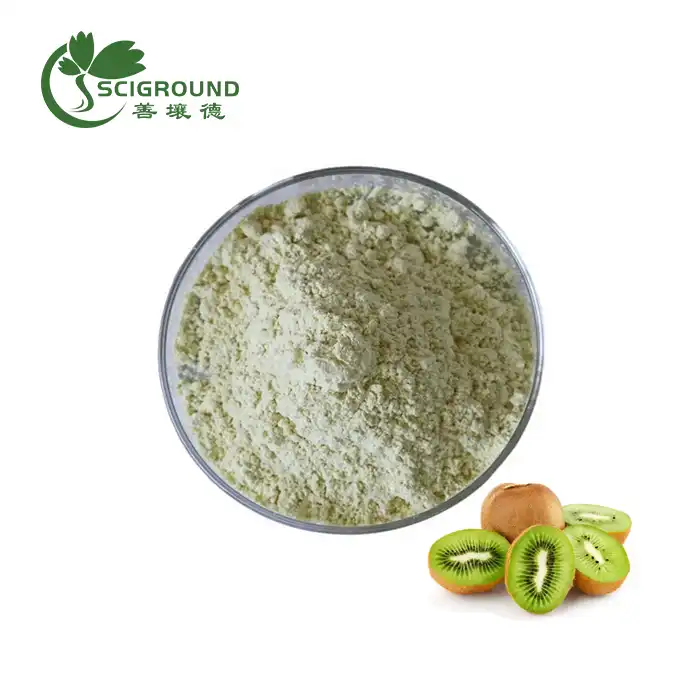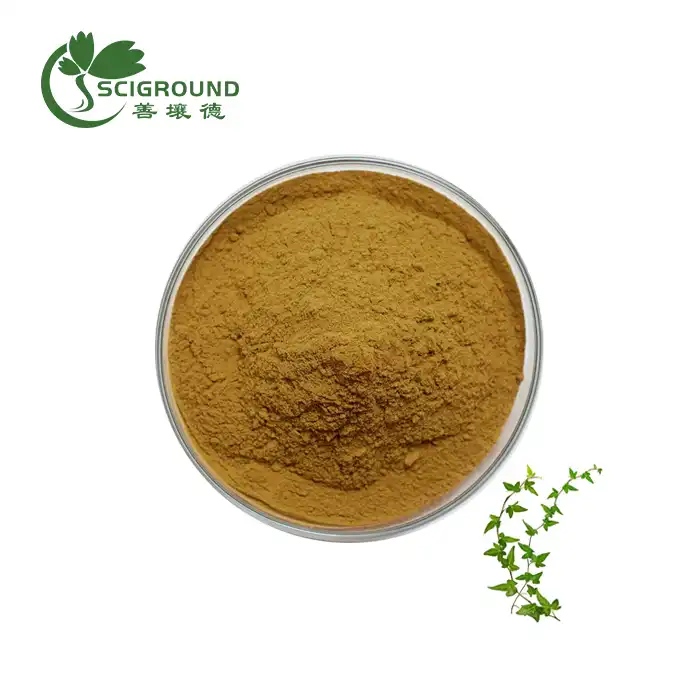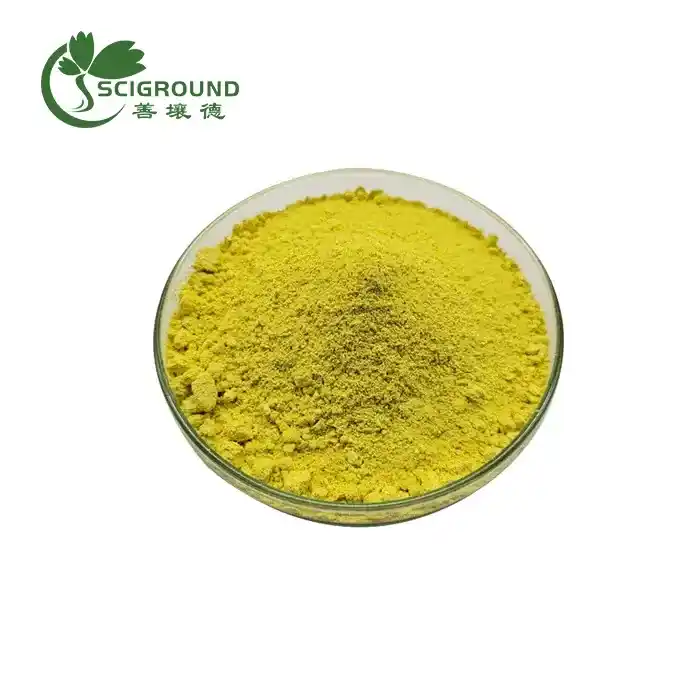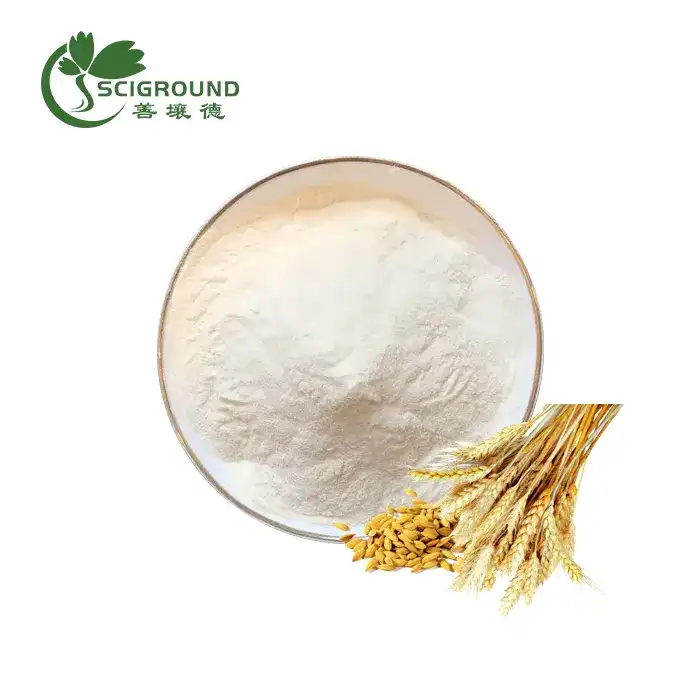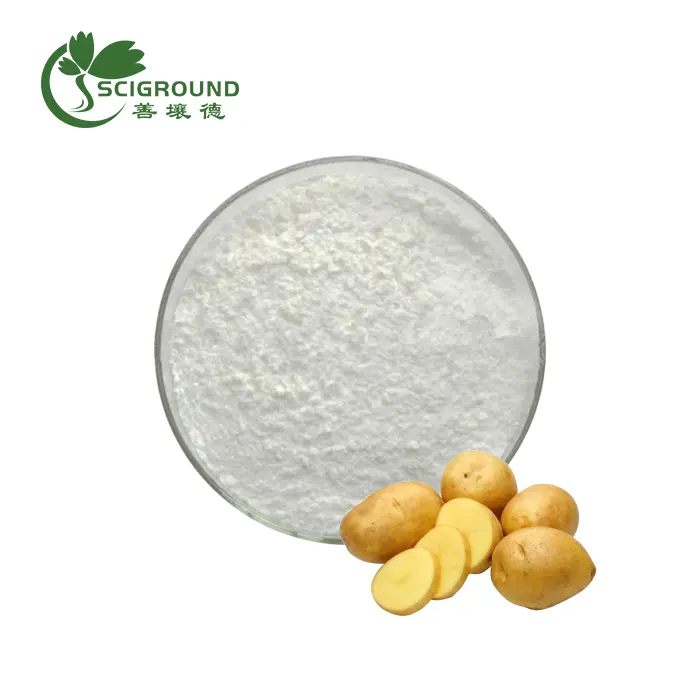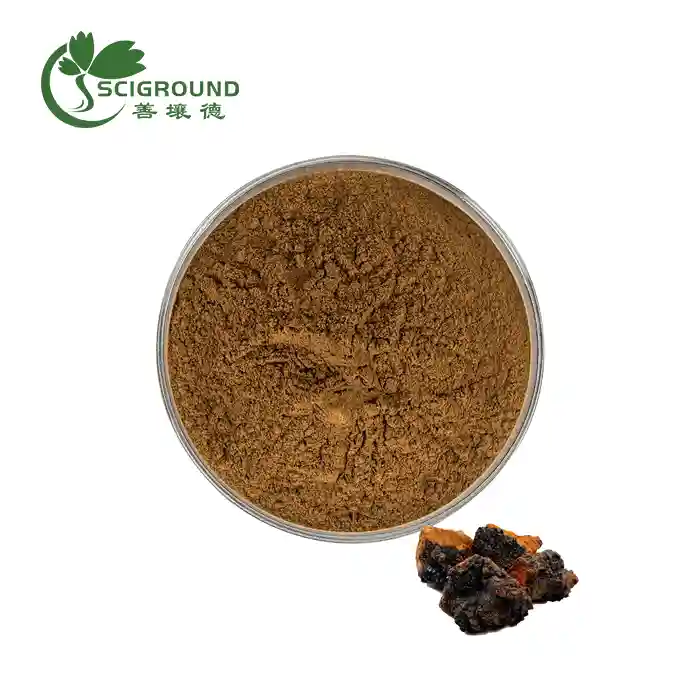Corydalis: Health Benefits,Side Effects,Uses,Dose
Corydalis is a genus of flowering plants that has been used in traditional Chinese medicine for centuries. Here I’ll explore corydalis benefits, side effects, evidence-based uses, typical dosing, and safety considerations.
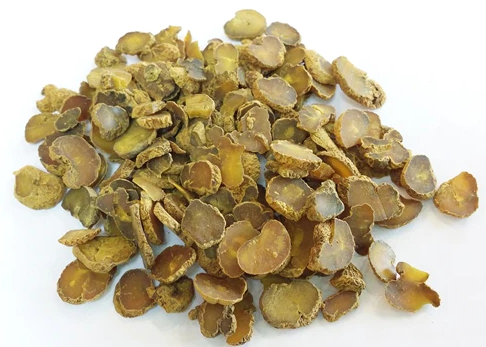
What is Corydalis?
Corydalis is a genus containing about 470 species of flowering plants native to the mountainous regions of China as well as parts of the Himalayas. It is a tuberous annual that blooms with a short stem and purple flowers.
Many species of corydalis have bioactive compounds known as alkaloids that give the root and tuber potential medicinal properties. The main alkaloid is called tetrahydropalmatine (THP).
In traditional Chinese medicine, the root of Corydalis yanhusuo is used to invigorate blood, move qi and relieve pain. The herb is said to dispel cold and dampness. Research has investigated corydalis for pain relief, depression, blood pressure reduction and other possible benefits.
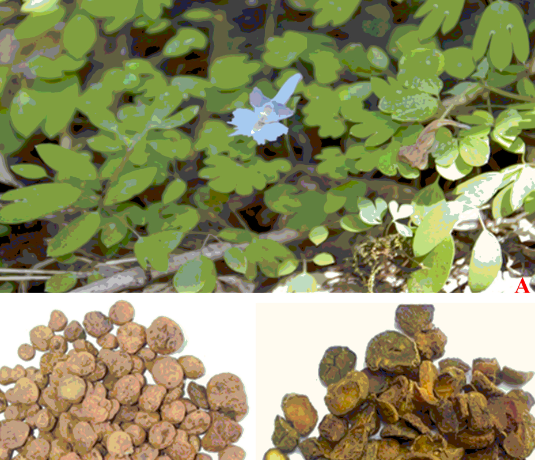
Corydalis Benefits
Based on cell studies and animal research, corydalis displays several potential medicinal properties:
Analgesic effects: The THP alkaloid may have pain-relieving abilities like an analgesic while also able to penetrate the blood-brain barrier. This makes it a possibly useful natural pain reliever.
Antidepressant and anti-anxiety effects: Studies indicate THP may have central nervous system depressant effects that reduce excitability. This suggests corydalis could have anti-anxiety and antidepressant-like properties.
Blood pressure lowering effects: THP’s effects as a dopamine antagonist may help lower blood pressure by acting on neurotransmitters involved in cardiovascular function.
Anti-addiction effects: corydalis rhizome extract may help alleviate drug addiction withdrawal and dependence, particularly to opioids like morphine, through effects on dopamine receptors in the brain's reward pathway.
However, most current evidence is preliminary from in vitro and animal studies. More randomized controlled trials are needed to confirm corydalis’ efficacy and safety in humans for these and other potential uses.
Corydalis Side Effects
When used orally in appropriate dosages, corydalis is generally well tolerated with minimal side effects in most people. However, some potential side effects can include:
Upset stomach, nausea or diarrhea
Dizziness
Fatigue
Headache
Dry mouth
Corydalis may alter levels of neurotransmitters like dopamine in the brain and body. Therefore it should be used cautiously if taking pharmaceutical medications that also act on dopamine receptors, such as antipsychotics and antidepressants.
Corydalis has blood pressure-lowering effects so it should be used carefully with antihypertensive medication to avoid excessive reduction. It also has sedative properties so avoid taking corydalis with other central nervous system depressants like alcohol or sedatives.
As with any herbal supplement, discuss using corydalis with your doctor if you have any medical conditions or take any pharmaceutical medications to assess appropriateness and safety. Stop using it if any worrisome reactions occur.
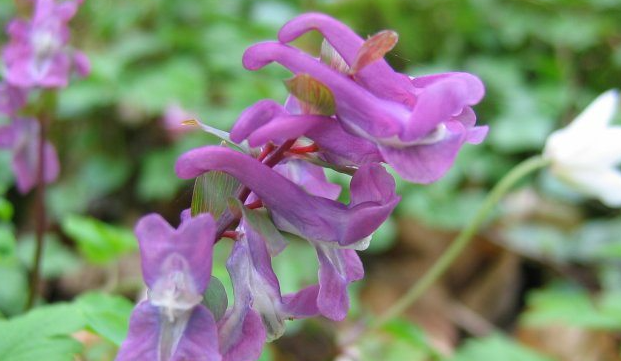
Corydalis Uses
In traditional Chinese medicine, corydalis root and rhizomes are used both internally and topically for purposes such as:
Alleviating mild to moderate pain such as headaches, menstrual cramps, back pain or arthritis. It is often combined with other analgesic herbs.
Reducing depression and anxiety as a natural mood stabilizer due to its effects on neurotransmitters and the central nervous system.
Promoting blood circulation and chi flow by removing stasis and energizing qi based on traditional principles of Chinese medicine.
Topically applied for swelling, trauma or fractures as an anti-inflammatory and pain relief method.
Lowering high blood pressure when combined with other blood pressure-reducing herbs in traditional formulas.
In modern natural medicine, corydalis is primarily used as a mild analgesic for various types of pain such as headaches or bodily pain following injury. It also continues to be studied for potential uses in addiction medicine and neuropharmacology.
Corydalis Dose
Corydalis rhizome powder is available as powdered root/tuber, liquid extract, tablets or capsules. Traditional dosing referenced in older Chinese medicine texts cite a dose of 3-10 grams of dried corydalis root per day. Modern supplemental doses are lower for safety.
For tablets or capsules standardized to 10-20% alkaloids, doses of 100-200 mg taken 2-3 times daily are often recommended. Corydalis powdered root or rhizome is commonly dosed at 250-500 mg per day.
When used topically, corydalis powder can be made into a paste using water and applied to the skin as needed for pain relief or swelling. Always follow dosage instructions on any commercial topical corydalis products.
Work with an experienced TCM practitioner or naturopathic doctor to determine the appropriate corydalis dose for your individual needs based on your health status and symptoms being treated.

How Much Corydalis to Take
Optimal corydalis dosage depends on the health condition, the specific supplement used, and the individual’s response. General dosage recommendations include:
For pain relief - 100-200mg corydalis extract standardized to 10% alkaloids, 2-3 times per day.
For depression/anxiety - 100-150mg extract 2-3 times daily or 250-500mg powdered root daily.
For blood pressure - 250-500mg powdered root per day as part of a formula with other herbs.
For addiction treatment - Up to 500mg powdered root daily under medical supervision.
Always start with lower doses and gradually increase over several weeks based on your response and under guidance. Exceeding 500mg corydalis extract or 1 gram powdered root daily is not advisable. Consult a knowledgeable practitioner for best results.
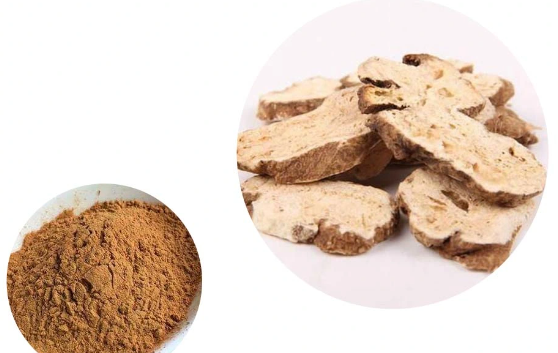
Does Corydalis Really Work for Pain?
Some research indicates the THP alkaloids in corydalis have analgesic and anti-inflammatory effects that could help alleviate mild to moderate pain. However, current clinical evidence is limited for proving corydalis’ real-world efficacy and long-term safety for pain relief.
Small studies show mixed results using corydalis for low back pain, abdominal pain and pain following abdominal surgery. Combining corydalis with other herbs appeared most effective. But the overall quality of evidence is currently low.
Anecdotally, people report using corydalis supplements or tea to successfully reduce headaches, menstrual cramps, arthritis pain, nerve pain and discomfort following injuries. But robust clinical data is still lacking at this time.
What Does Corydalis Do for the Body?
Based on its traditional uses and preliminary research, some effects corydalis may have on the body include:
Blocking pain signals and reducing inflammation naturally through its THP alkaloids.
Increasing dopamine while reducing excitatory neurotransmitters like glutamate in the brain. This may improve mood and relaxation.
Acting as a mild sedative on the central nervous system. This may decrease anxiety and insomnia symptoms.
Dilating blood vessels and inhibiting angiotensin receptors to lower high blood pressure.
Potentially reducing drug-seeking behaviors and easing withdrawal in substance addiction recovery when combined with other therapies.
However, human clinical trials are still needed to substantiate these pharmacological mechanisms and effects for therapeutic use. Always consult your doctor before using corydalis.
How Does Corydalis Make You Feel?
Corydalis use can create somewhat unique psychoactive effects due to its combinatorial actions on neurotransmitters like dopamine, serotonin, glutamate and GABA. Effects may include:
Mild sedation and relaxation without being overly sedating. Reduce anxiety and stress.
Subtle mood-lifting or euphoric feelings. Increased motivation and focus.
Analgesic effects to relieve aches and pains.
For some, it may have a bitter taste that numbs the tongue briefly.
Effects are dose-dependent. Higher doses may cause more pronounced sedation, analgesia and mood changes. Start low and increase gradually as needed while monitoring your response.
Who Should Not Take Corydalis?
Corydalis should be avoided or used cautiously under medical supervision in certain situations, including if you have:
Bipolar disorder or schizophrenia, as it may exacerbate psychiatric symptoms
Bleeding disorders, as it may increase risk of bruising and bleeding
Hormonally-influenced health conditions like breast cancer, uterine cancer, endometriosis or uterine fibroids, due to possible estrogenic effects
Liver disease, since its metabolism places burden on the liver
Parkinson’s disease or other movement disorders, because of dopamine effects
High or low blood pressure that is unstable or poorly controlled
Pregnant and breastfeeding women should avoid corydalis due to lack of safety data. Corydalis may interact with numerous pharmaceutical medications so thoroughly discuss use with your prescribing doctor.
Is Corydalis Safe to Take?
When used appropriately under professional guidance, corydalis is generally well-tolerated by most healthy adults in the short term. However, there are some important safety considerations:
Long term safety is uncertain, so limit use to less than 3 consecutive months.
Only purchase from reputable suppliers of high quality corydalis extract or powder.
Start with low doses and increase slowly while monitoring effects and side effects.
Avoid combining with alcohol, sedatives or dopamine-altering medications unless approved by your doctor.
Discontinue use if any concerning reactions occur like rash, racing heart rate or fainting. Extreme fatigue, numbness or abdominal pain may also warrant stopping use.
Though a traditional Chinese medicine, consult with your doctor before taking corydalis and do not self-diagnose or self-treat with this herb. Further research is still needed to confirm many purported benefits and risks.
References:
Pharmacological Review on Corydalis yanhusuo (YHS). NCCAM. https://www.nccih.nih.gov/health/corydalis
Corydalis: Benefits, Side Effects, and Preparations. Healthline. https://www.healthline.com/health/corydalis-benefits-side-effects
Corydalis: Uses, Side Effects, Interactions, Dosage, and Warning. WebMD. https://www.webmd.com/vitamins/ai/ingredientmono-521/corydalis
Corydalis for depression. Medical News Today. https://www.medicalnewstoday.com/articles/320345
Corydalis. Memorial Sloan Kettering Cancer Center. https://www.mskcc.org/cancer-care/integrative-medicine/herbs/corydalis
Corydalis Health Uses, Health Benefits & Side Effects. Drugs.com. https://www.drugs.com/npp/corydalis.html
Corydalis: A Medical Dictionary Bibliography and Annotated Research Guide to Internet References. ICON Health. https://books.google.com/books?id=kP-w1SEHEi4C&pg=PA73
Corydalis. Examine. https://examine.com/supplements/corydalis/
About Author

Celine Xu is a botanist with over 15 years of experience researching and developing plant extracts for nutritional and pharmaceutical applications. She leads an R&D team focused on identification, cultivation and extraction of medicinal plants. Celine Xu earned a Ph.D. in Plant Biology has authored numerous articles in peer-reviewed journals about the health benefits of specific phytochemicals. She frequently speaks at industry conferences about new developments in plant extract research. Celine Xu is dedicated to advancing the scientific understanding of how targeted plant compounds can be used to improve human health.
Related Industry Knowledge
- What is aloe vera leaf extract used for?
- How many benefits in Organic Ginger Powder?
- What is aescin used for?
- What is the agar powder?
- What is a good brown rice protein powder
- Is L-Theanine the Same as L-Threonine?
- Is Polygala an adaptogen?
- Inulin Weight Loss
- Can cinnamon reduce belly fat?
- When to take inulin
